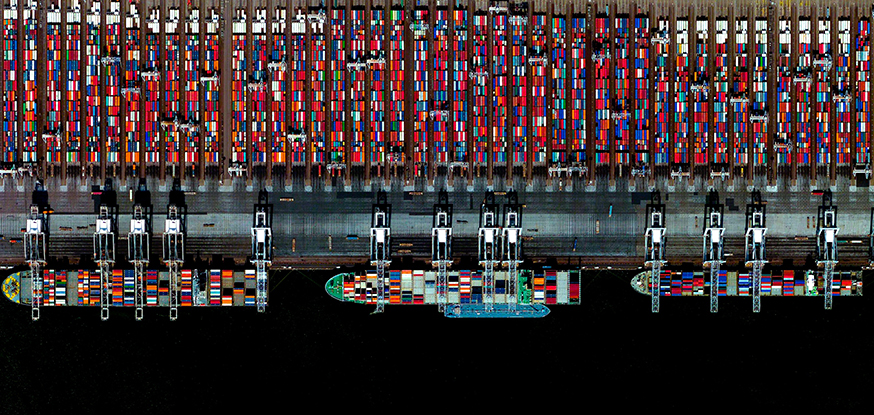Europe's largest port has announced that it is firmly on course to have autonomous ships operating in its shipyard by 2030. The Port of Rotterdam has projected that by 2030 it will have autonomous vessels interacting almost seamlessly with those operated by people.
Auto-pilot technology is already used for many jet plane flights and some long-distance trucking runs, but those approaches typically require a pilot or driver to be seated nearby. Robot carts already move about in manufacturing floors and some hospitals without human drivers. Now the naval shipping industry wants in on the game.
Destination: World's smartest port
In order to execute their goals, port officials have set about creating the world's smartest port. The port authority has collaborated with technology giants IBM and Cisco to commence operations on a multi-year effort to use Internet of Things sensors and devices, along with WiFi and cellular communications, to get there.
A central dashboard will collect and process real-time water and weather sensor data, securely connected by Cisco Kinetic and analyzed through the IBM Watson IoT platform, according to Jillian Sant-Barendregt, communications advisor for the port authority.
The goal is safer and more efficient traffic management at the port. In addition to IBM and Cisco, ESRI is providing its geographic information system for location and 3D mapping. Axians will connect the physical sensors in the field with the digital world in the cloud.

